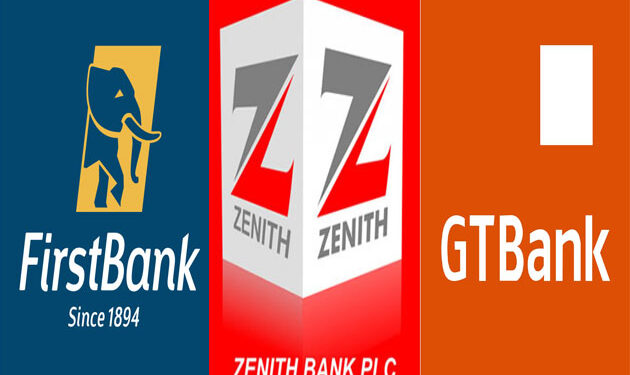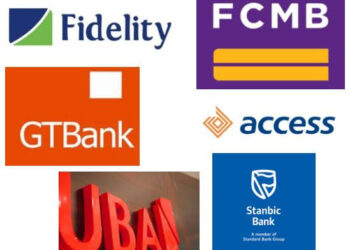Nigerian banks, already facing difficult operating environment amid rat race to meet the new capital requirements by the Central Bank of Nigeria (CBN) as well as the limited access to foreign currency are currently being faced with possible shrink in their profit margins with excitement displayed by retail customers towards FG Savings bond targeted at retail investors by stock broking firms.
The implication is that significant number of retail customers, disenchanted by banks’ perceived excessive charges are opting for the the instrument believed to be saved for the season.
This is a Fixed Income instrument issued by the Federal Government. The bond is targeted at low-income earners to encourage savings and also earn more income (interest) when compared with their savings account with banks.
“The 2-Year FGN Savings Bond due July 10th, 2026, and 3-Year FGN Savings Bond due July 10th,2027 is now open, and will be offered at 16.668% and 17.668% per annum, respectively. The minimum subscription for FGN Savings Bond is ₦5,000.00,” says Afrinvest Securities in their message to the public on July 1, 2024
The Nigerian debt management office (DMO), introduced the instrument in 2017 with higher yields on offer and lower subscription levels to compensate investors against higher interest rates charged by banks.
The bond pays interest quarterly, with a bullet repayment for principal at maturity.
Since its introduction, coupled with the wider acceptability, it has been posing a problem for deposit money banks (DMB), which currently pay as little as three to four percent on savings deposits, by raising their cost of funds.
“At 17 percent, the yield, though, still below the inflation rate of about 26 percent, could be considered as attractive for the average retail investor who is earning about 4 percent per annum on savings accounts or under 7 percent on term deposits, depending on the amount.
Analysts say, going by the aggressive marketing and frustration of bank customers due to excessive charges and poor services, there is a major risk to deposit money banks as cost of fund will rise and they may be forced to either raise deposit rates or improve in their customer service.
Another major effect, they further argue may be shrinking of net interest margins (NIMs) of commercial banks.
Besides, the bonds will be good for savings towards retirement, marriage, school fees, house projects, the gaps that are yet to be filled by banks and insurance companies.
ALSO READ:No Growth Will Happen With 30% Interest Rate, Dangote Faults CBN’s MPR
Specifically, according to analysis of the 2023 financials of banks, particularly, the tier one lenders, they booked billions of naira in interest income on loans and advances to customers as against peanuts as interest expense paid on current, savings and time deposits by customers.
Further investigations by Metrobusinessnews.com (MBN) showed that the bond has pushed about 40 percent deposits out of commercial banks into Government bonds, with expectations that the percentage would increase following rise in cybercrime and other financial crimes that have left depositors in pains and agony in recent times.
Before now the participation of retail investors was limited due to dominance by the deposit money banks and other institutional investors, but the emergence of the stock broking community as the distribution agents for the FGN savings bond has become a game changer.
Besides the rising cost, the banks are expected to face lower profitability as their share prices continue to nosedive at the Stock Market due to capital raising exercises to meet the new capital requirements.












